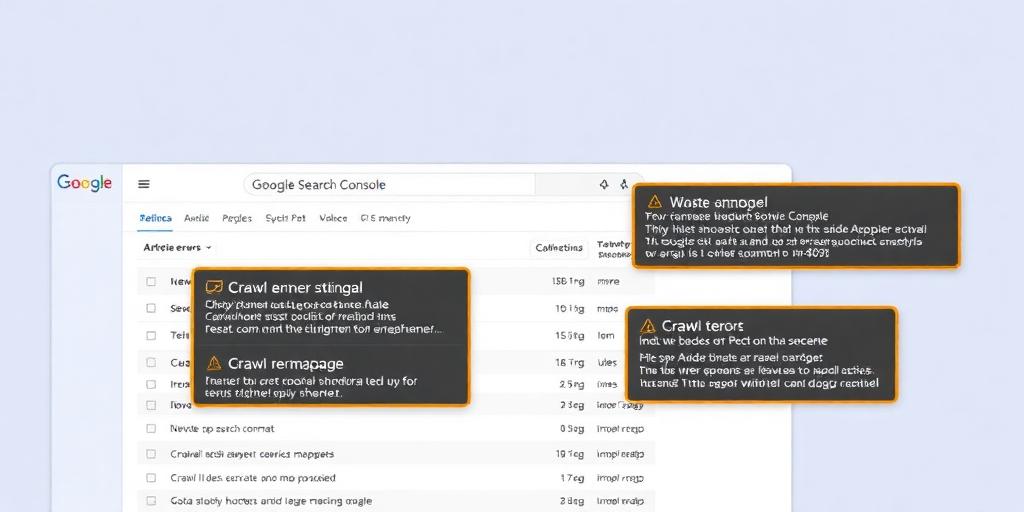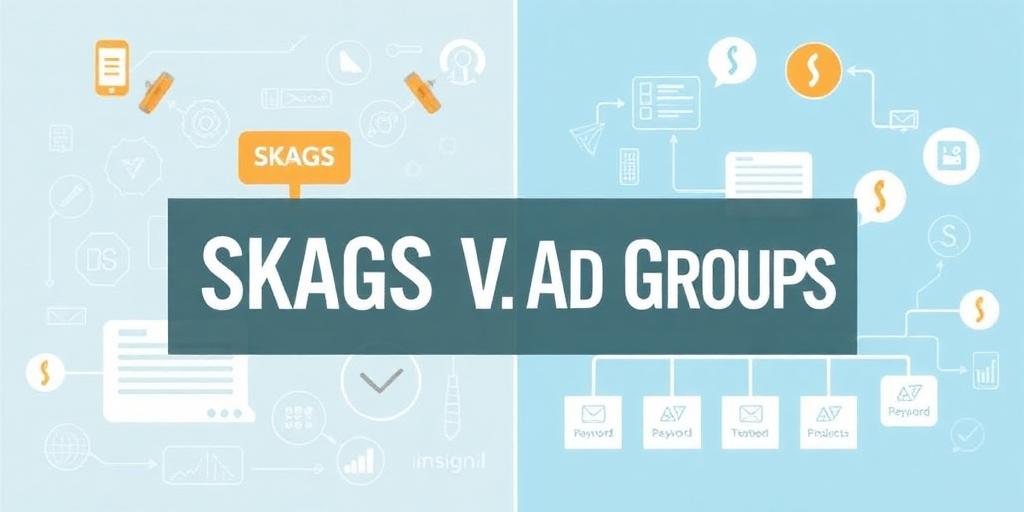The Ultimate Glossary of SEO Terms for Beginners
Search Engine Optimization (SEO) can seem daunting when you're just starting. The industry is filled with jargon, acronyms, and technical terms that might feel like a foreign language. This glossary aims to demystify SEO by providing clear, concise definitions of essential terms every beginner should know. Consider this your go-to reference as you navigate the world of SEO.
Core SEO Concepts
1. Algorithm
A complex set of rules that search engines use to rank websites. Algorithms consider various factors to determine the relevance and authority of a page.
2. Backlink
A link from one website to another. Backlinks are a crucial ranking factor, as they signal to search engines that other sites vouch for your content.
3. Click-Through Rate (CTR)
The percentage of users who click on a link after seeing it in search results. A higher CTR indicates that your title and meta description are compelling.
4. Content
Any form of information published online, including text, images, videos, and audio. High-quality content is essential for attracting and engaging visitors.
5. Crawling
The process by which search engine bots discover and index the content on websites.
6. Indexing
The process of adding web pages to Google's search index, allowing them to appear in search results.
7. Keyword
A word or phrase that people type into search engines when looking for information. Targeting relevant keywords is fundamental to SEO.
8. Meta Description
A brief summary of a web page's content that appears in search results. Meta descriptions should be compelling and include relevant keywords.
9. Organic Search
Unpaid search results that appear based on relevance to the search query, rather than through advertising.
10. PageRank
A metric used by Google to measure the authority and importance of a web page based on the quantity and quality of backlinks.
11. Ranking
The position of a web page in search engine results for a specific keyword.
12. Search Engine Results Page (SERP)
The page displayed by a search engine in response to a query, showing organic results, paid ads, and other features.
On-Page SEO Terms
13. Anchor Text
The clickable text of a hyperlink. Anchor text should be relevant to the page being linked to.
14. Heading Tags (H1, H2, H3…)
HTML elements used to structure content and indicate the hierarchy of topics on a page. H1 tags are typically used for the main title, while H2-H6 tags are used for subheadings.
15. Image Alt Text
A description of an image that helps search engines understand its content. Alt text is also important for accessibility.
16. Internal Linking
Linking from one page on your website to another. Internal linking helps users navigate your site and distributes link equity.
17. Keyword Density
The percentage of times a keyword appears on a web page compared to the total number of words. While important, avoid keyword stuffing.
18. Mobile-Friendly
A website that is designed to be easily viewed and used on mobile devices. Mobile-friendliness is a ranking factor.
19. Page Speed
The amount of time it takes for a web page to load. Faster page speeds improve user experience and can boost rankings.
20. Title Tag
The HTML element that specifies the title of a web page. Title tags appear in search results and browser tabs.
21. URL
The address of a web page. URLs should be clean, concise, and include relevant keywords.
Off-Page SEO Terms
22. Authority
The credibility and trustworthiness of a website, often measured by the quality and quantity of backlinks.
23. Domain Authority (DA)
A metric developed by Moz that predicts how likely a website is to rank in search engine results. DA ranges from 1 to 100.
24. Link Building
The process of acquiring backlinks from other websites to improve your site's authority and ranking.
25. Referral Traffic
Visitors who come to your website by clicking on a link from another site.
26. Social Signals
Mentions and shares of your content on social media platforms. While not a direct ranking factor, social signals can influence visibility and traffic.
Technical SEO Terms
27. Canonical Tag
A tag used to specify the preferred version of a web page when there are multiple versions with similar content.
28. CSS (Cascading Style Sheets)
A language used to describe the visual presentation of HTML elements on a web page.
29. HTML (Hypertext Markup Language)
The standard markup language for creating web pages.
30. JavaScript
A programming language used to add interactivity and dynamic features to web pages.
31. Redirect
A method of sending users from one URL to another. Common types include 301 (permanent) and 302 (temporary) redirects.
32. Robots.txt
A file that instructs search engine bots which pages or sections of a website should not be crawled.
33. Sitemap
A file that lists all the pages on a website, helping search engines discover and index them more efficiently.
34. Structured Data
A standardized format for providing information about a page's content, helping search engines understand its meaning and display rich snippets.
SEO Tools and Metrics
35. Google Analytics
A web analytics service that tracks and reports website traffic, user behavior, and other metrics.
36. Google Search Console
A free tool from Google that helps website owners monitor their site's performance in search results.
37. Keyword Planner
A tool within Google Ads that helps users research keywords and estimate their search volume.
38. Moz
A leading SEO software company that provides tools for keyword research, link building, and site auditing.
39. SEMrush
A comprehensive SEO and digital marketing platform that offers tools for keyword research, competitive analysis, and site optimization.
40. Ahrefs
A popular SEO toolset used for backlink analysis, keyword research, and competitor analysis.
Conclusion
Understanding these SEO terms is crucial for anyone looking to improve their website's visibility and drive organic traffic. While SEO is an ever-evolving field, mastering these basics will provide a solid foundation for your journey. Keep this glossary handy as you continue to learn and implement SEO strategies.









